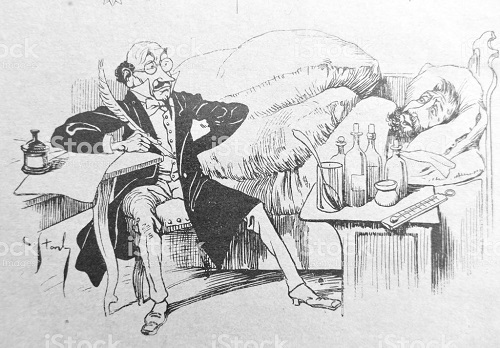FWP:
Some manuscripts, and some modern editions, have kih instead of jo in the first line. As always, I follow Arshi. See his discussion in his introduction, p. 123.
The first line expresses, both defiantly and uncertainly, the lover's desperate hope: 'it wouldn't be surprising if' she would pity him. For that result, simply her 'having seen' him would be enough: the verse, like the previous one, {207,1}, uses dekh kar to evoke, through implication, the extreme debility and wretchedness of the lover. We have to imagine for ourselves what state he must be in-- a state such that to see him is to pity him, a state such as might move even the stony heart of the beloved herself.
But then the second line goes on to suggest several reasons that his hope might not be realized. Since he's apparently too weak and frail to travel, he needs somebody to convey him into the beloved's presence; and it's not clear that there's anybody around who's willing to take that much trouble and/or risk. And most ominous of all, he acknowledges that for him to be admitted into her presence will require some ḥīlah , some 'trick' or 'deception' or 'fraud'. That sounds grim, and doesn't bode well for the beloved's generosity or compassion once she discovers how she's been deceived.
The contrasting implications of the desperately hopeful first
line ('the moment she sees me she'll surely feel pity') and the grimly pragmatic
second line ('only some kind of trick or fraud might get her to see me, and
only with somebody's help can I be conveyed there') illustrate the flexibility
of Ghalib's modes of inshāʾiyah
speech.

Nazm:
From this verse the meaning also emerges that his state is now altered, and extremely much so. To arrive there is difficult, and the meaning of 'having seen, she would feel compassion' is that 'having seen me, she would feel compassion'. (233)
== Nazm page 233